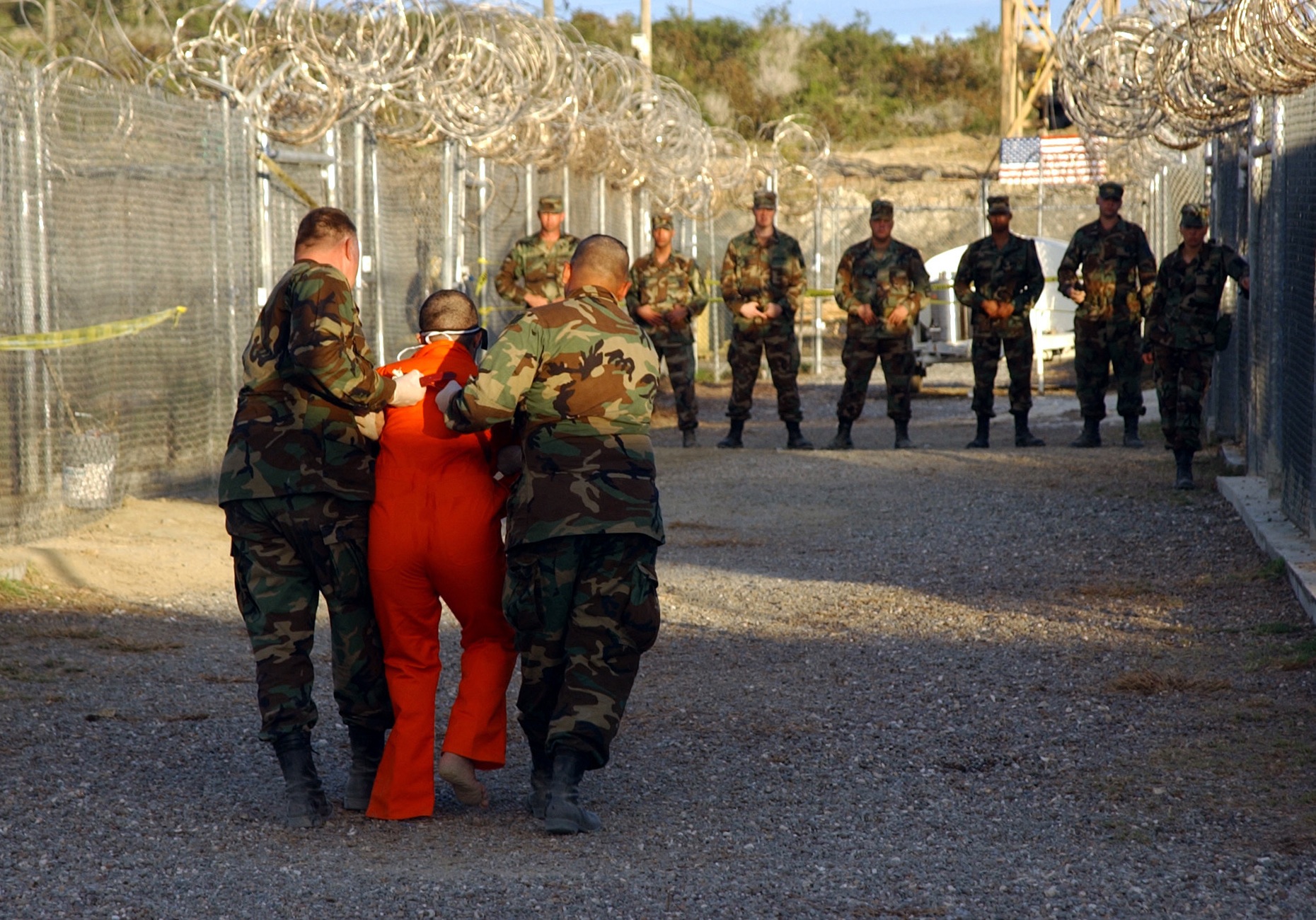Today’s judgments of the European Court of Human Rights, finding Poland responsible for violating the human rights of two victims of CIA renditions and secret detentions, involving enforced disappearance and torture, is a victory for the rule of law in Europe, the ICJ said today.
In Al-Nashiri v Poland and Abu Zubaydah v. Poland, the Court held that Poland was complicit in the enforced disappearance, torture and other human rights violations of two “high value detainees” held incommunicado by the CIA in various secret detention centres, including Stare Kiejkety military base in Poland.
As a result of its acquiescence and connivance in these actions, Poland violated its obligations under the European Convention on Human Rights and the Court held that it was complicit in the gross human rights violations that had been perpetrated on its territory.
In addition, the Court also found that Poland had failed to protect Mr Al-Nashiri and Mr Abu Zubaydah against these human rights violations and the foreseeable real risk of other egregious human rights violations following their transfer abroad.
The Court also found that the Polish authorities had not investigated the cases effectively, and had failed in their obligation to disclose the truth about what had happened.
The ICJ, together with Amnesty International, acted as a third party intervener in the cases before the European Court of Human Rights (see below).
Wilder Tayler, ICJ Secretary-General said: “today, the Court has affirmed that states cannot evade their responsibility for protecting human rights, by turning a blind eye to torture, enforced disappearance, and secret detention on their territory, whether these abuses are perpetrated by the agents of a foreign state, or by anyone else. This judgment should help to ensure that such wholesale denials of the rule of law never happen again in Europe.”
“Following the Court’s judgment, the Polish authorities must now take effective action to investigate and bring to justice those responsible for the secret detentions on their territory, and to disclose the truth about what happened and why. Other European states that tolerated or co-operated in renditions and secret detentions, should take note of this judgment and follow suit,” he added.
The ICJ stressed that it is particularly important that the Court in the case of Al-Nashiri, found that Poland’s obligations under the European Convention on Human Rights required it to take steps to counter risk of the death penalty being imposed on the applicant by the US, by seeking assurances from US authorities that he would not be subject to the death penalty.
Contact:
Róisín Pillay, Director, ICJ Europe Programme, t +32 476 974263; e roisin.pillay(a)icj.org
Background:
Abd Al Rahim Hussayn Muhammad Al Nashiri and Zayn Al-Abidin Muhammed Husayn were captured in Afghanistan and Pakistan respectively, in 2002, and held in various secret detention centres, including in Poland, and then to Guantanamo Bay (photo), where they remain in detention.
Al Nashiri and Abu Zubaydah are the first cases in which the European Court of Human Rights has addressed CIA secret detentions centres in a European State.
In its judgment in El Masri v Former Yugoslav Republic of Macedonia, the European Court of Human Rights found Macedonia had violated multiple rights under the European Convention on Human Rights through its complicity in the rendition of the applicant.
ICJ and Amnesty interventions:





